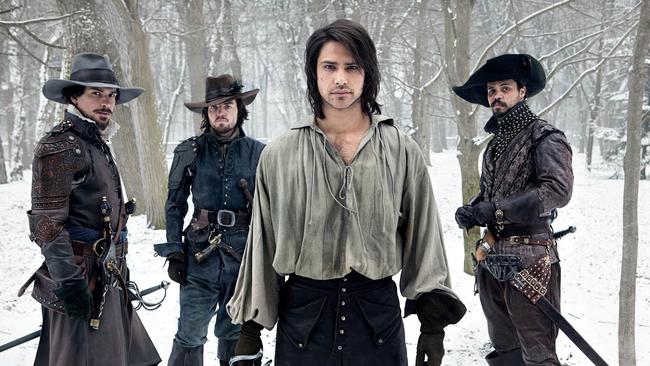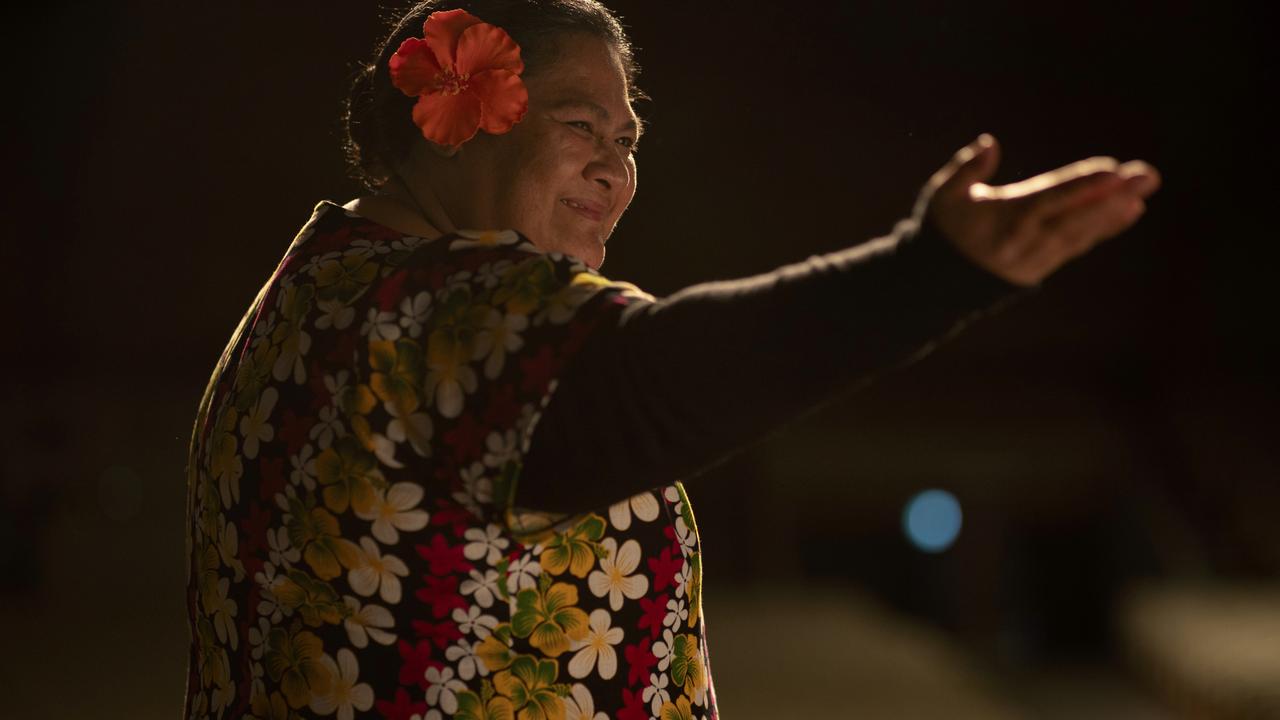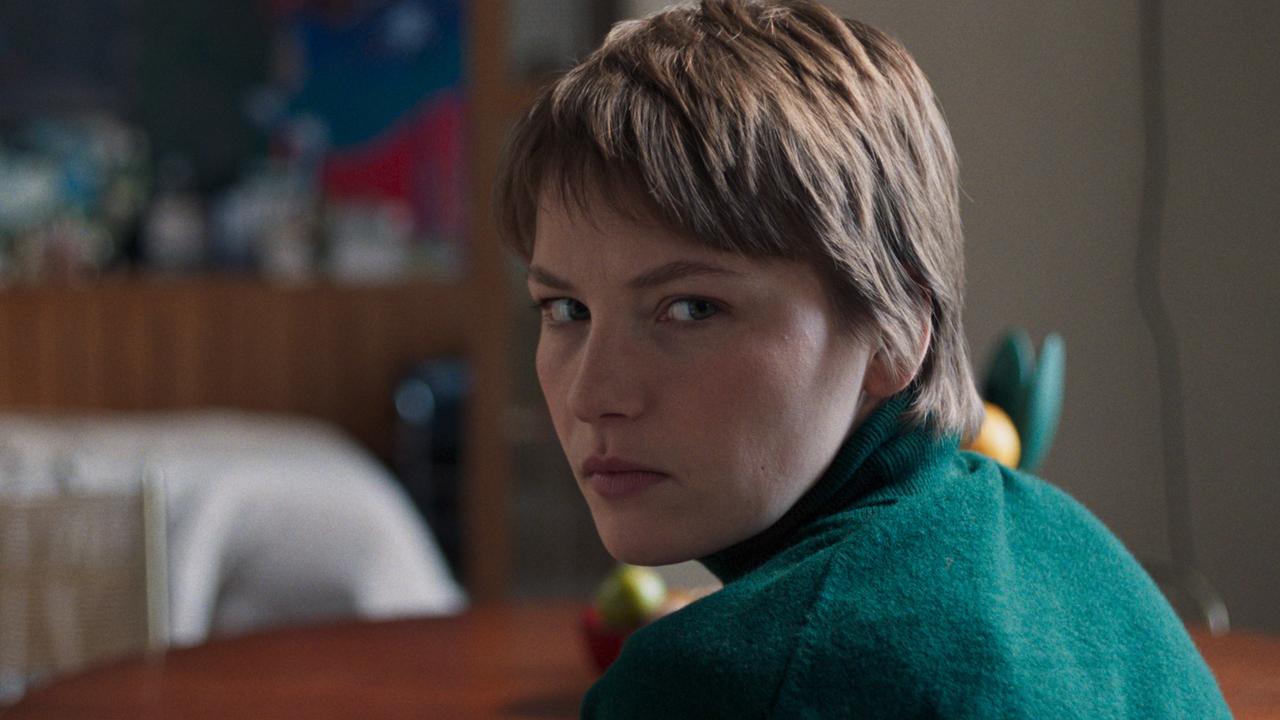Musketeers are an antidote to our cultural antiheroes
A NEW television series based on Alexandre Dumas’s 1844 book The Three Musketeers proves we still need good guys.

IT’S 170 years since Alexandre Dumas’s 1844 book Les Trois Mousquetaires — The Three Musketeers — stormed into popular culture.
The swashbuckling novel, alongside his The Count of Monte Christo, ensured an enduring legacy for the French writer through the story of protagonist d’Artagnan, a young man who joins the Musketeers of the Guard amid the devilish political climes of 17th century Paris.
After myriad reinventions, the classic tale has been transformed into a television drama, and there are high hopes for The Musketeers, which has its premiere tomorrow on a new Australian channel BBC First.
Series creator Adrian Hodges says the key to the Musketeers’ longstanding popularity is that the main characters’ are an antidote to the proliferation of antiheroes in contemporary popular culture.
“We need heroes. There are lots of antiheroes at the moment,” he says of the 10-part series, which embellishes the original story.
The Musketeers’ opening scenes clearly set the series apart from all previous interpretations of the novel. It begins as driving rain in a muddied field envelopes d’Artagnan who is travelling across the French countryside. It is 1630 and armed bandits masquerading as the musketeers accost the young man. Worse, d’Artagnan soon discovers the men had killed his father. Fuelled by paternal loss, he seeks to avenge his death. Less than a half-hour later Athos, one of the three genuine Musketeers, is facing execution by a furious king and d’Artagnan holds the key to saving him.
The drama seeks to capture the essence of the crack Musketeer characters, d’Artagnan (Luke Pasqualino) Athos (Tom Burke), Porthos (Howard Charles) and Aramis (Santiago Cabrera) as they make their way amid the war between Spain and France.
Says Hodges: “One of the reasons I didn’t adapt the book was because it would have been close-ended. You will see through the 10 episodes that we take the characters to dangerous and dark places and all of the characters are explored, and there is a lot to explore.’’
The easygoing natures of the actors playing the Musketeers translates well on screen. Before shooting began they embarked on a five-day boot camp in a deserted castle to hone their fitness levels, sword fighting and riding skills and quickly developed camaraderie.
Howard reveals that Pasqualino didn’t want anyone to mention how he fell off a horse three times during the camp, to which Pasqualino intones: “Sword fighting is a lot harder than horseriding.” Says Cabrera: “It allowed us the time to get to know each other really well. We were staying in a deserted castle in the middle of nowhere away from the 120-strong crew. We developed a chemistry that the writers have picked up on.
“It liberated the writers because they didn’t have to work so hard writing gags for us. The humour came out on the characters. It is observational rather than punchlines.’’
The actor says the Musketeers’ machismo, on proud display during the 10-part series, reminds him of Australian masculinity.
Cabrera came to these shores in 2008 to play the part of Aquaman in the Warner Bros film Justice League of America under the directorship of George Miller, but a US writers strike scuttled those plans.
“I loved Australia, the people, the friendliness, the countryside. I can see so many parallels between the free-spirited Musketeers and Australians,’’ he says during a private screening of the show in London.
“Australian men are real men.’’
When asked why the series remains as popular today as it was when it was first serialised in Le Siecle in 1744, Hodges thinks.
“The Musketeers have a certain decency, yet (they are) not without complication,” he says. “There is something right, though, something chivalrous and romantic about them.’’
The Musketeers airs tomorrow, 9.30am, BBC First.



